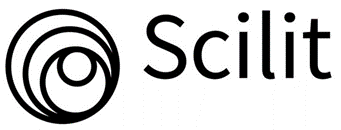Effect Of External Sulfate Attack On Mechanical Properties And Modeling Of Hybrid Fiber Reactive Powder Concrete
DOI:
https://doi.org/10.24237/djes.2017.10311Keywords:
hybrid fiber reactive powder concrete, normal strength concrete, mechanical properties, tap water, sulfate water, curing, cracks, flexural strength, splitting resistance, curve fitting, building code, failure modeAbstract
Sulfate attack is a serious factor play important role in the degradation of structural capacity of reinforced concrete structures members especially those members exposure with ground water or sea water. This paper study the effect of external sulfate attack on mechanical properties of hybrid fiber reactive powder concrete (HFRPC) containing (polypropylene fiber and steel fiber) and normal strength concrete (NSC) after specimens have been casted, directly and continuously cured, and full immersed in saline solution containing magnesium sulfate, the concentration of the sulfate ion used in this study was equal to upper limit defined in ACI318M building code (10000 ppm), other specimens have been direct and continuously cured and fully immersed in tap water, prepare 108 cylinder, 36 cube and 36 prism for this purpose. The mechanical properties such as compressive strength, splitting tensile strength (measured splitting resistance and tensile strength), modulus of rupture (measured tensile strength) and modulus of elasticity (measured flexural strength) tests were investigated for HFRPC and NSC at different exposure periods (28, 90 and 180) days. Test results showed continuous development with time in mechanical properties for HFRPC when cured in sulfate water but test results for NSC showed significant deterioration when cured in sulfate water. An analytical equations have been derived by curve fitting to derive the relationships between the mechanical properties and compressive strength for HFRPC and NSC and its validation with ACI predicted. The ACI expression for the mechanical properties may result in underestimation of HFRPC and good accuracy of NSC under tap water and sulfate water curing condition.
Downloads
Downloads
Published
Issue
Section
License
Copyright (c) 2017 Shifaa Al-Bayati

This work is licensed under a Creative Commons Attribution 4.0 International License.












